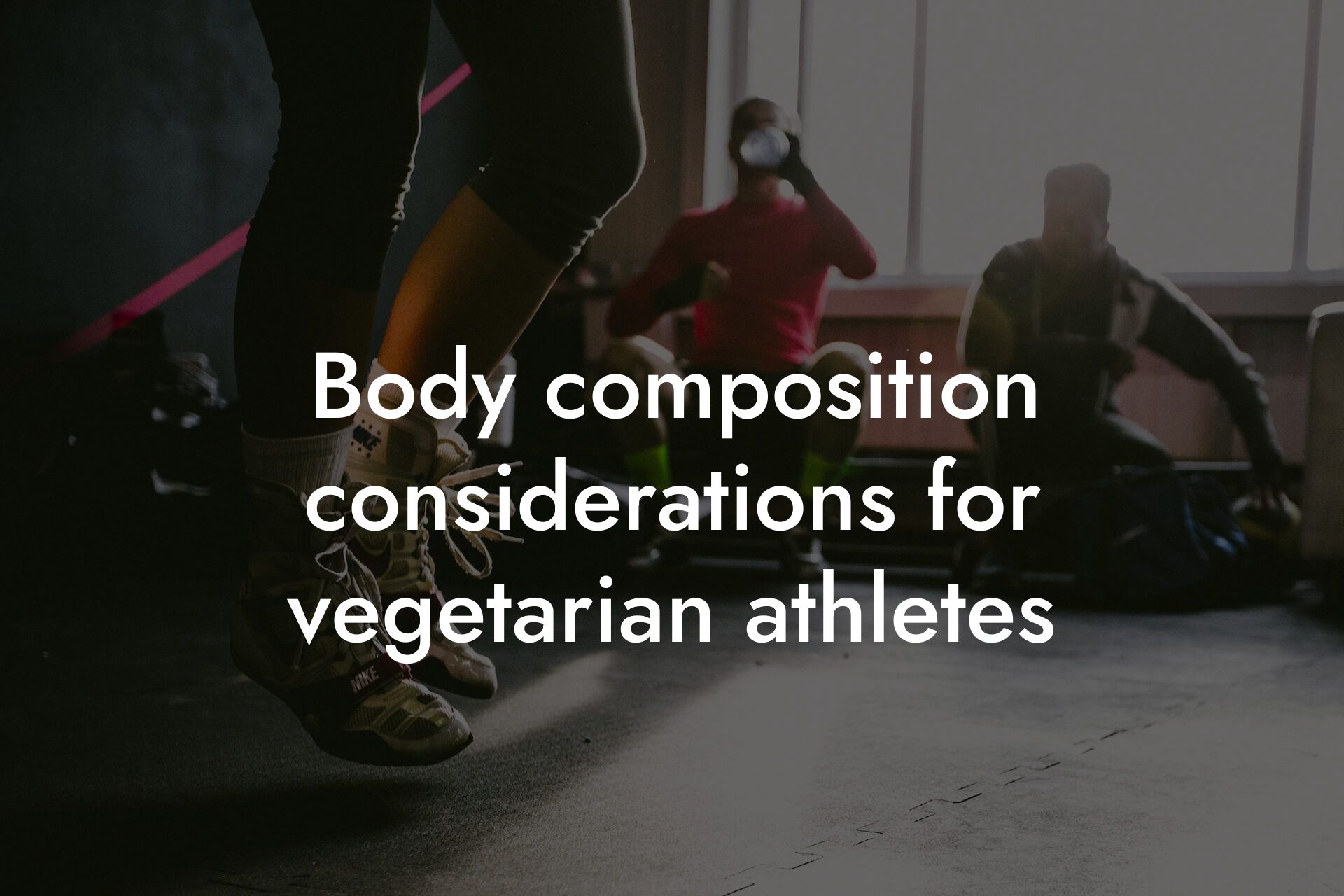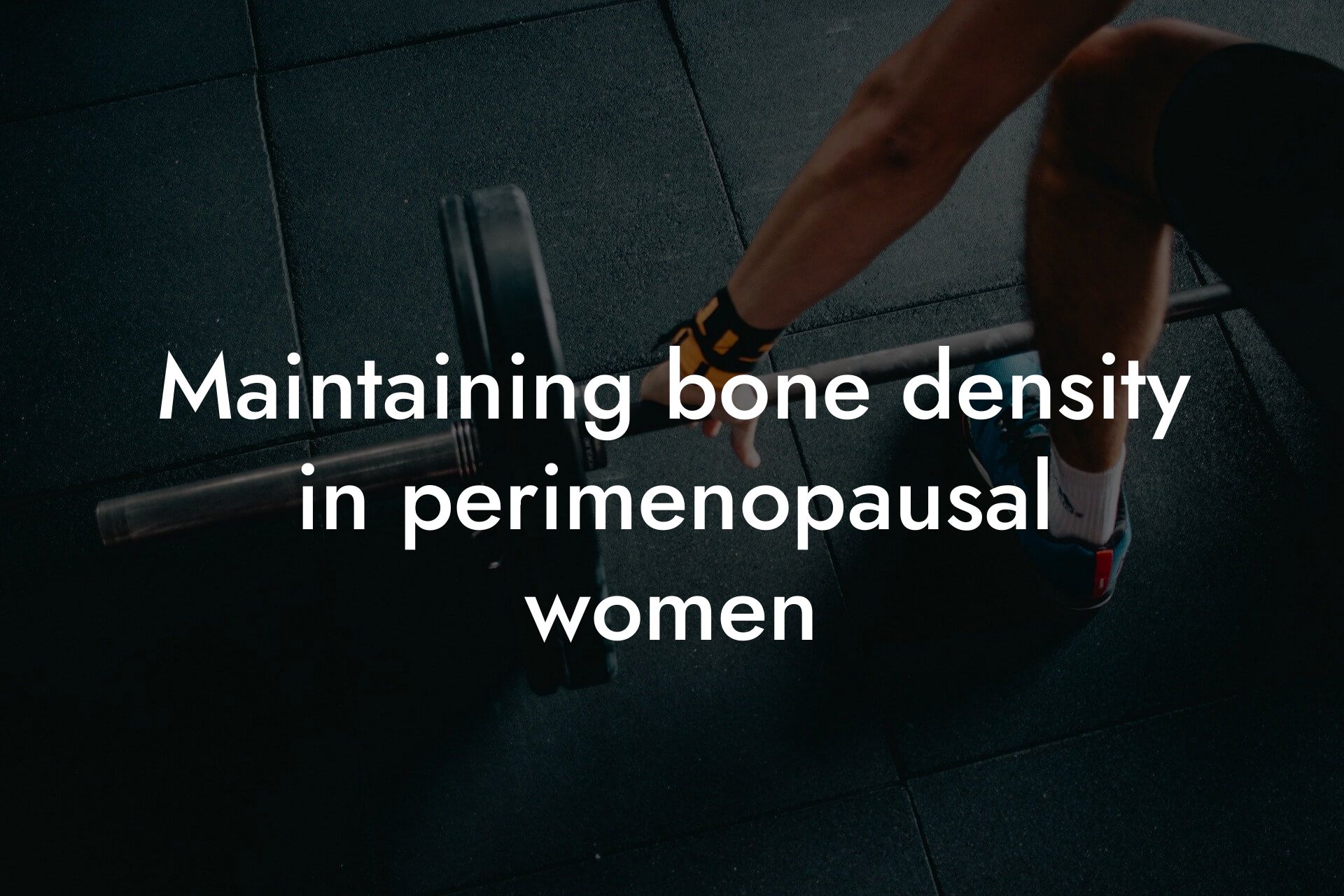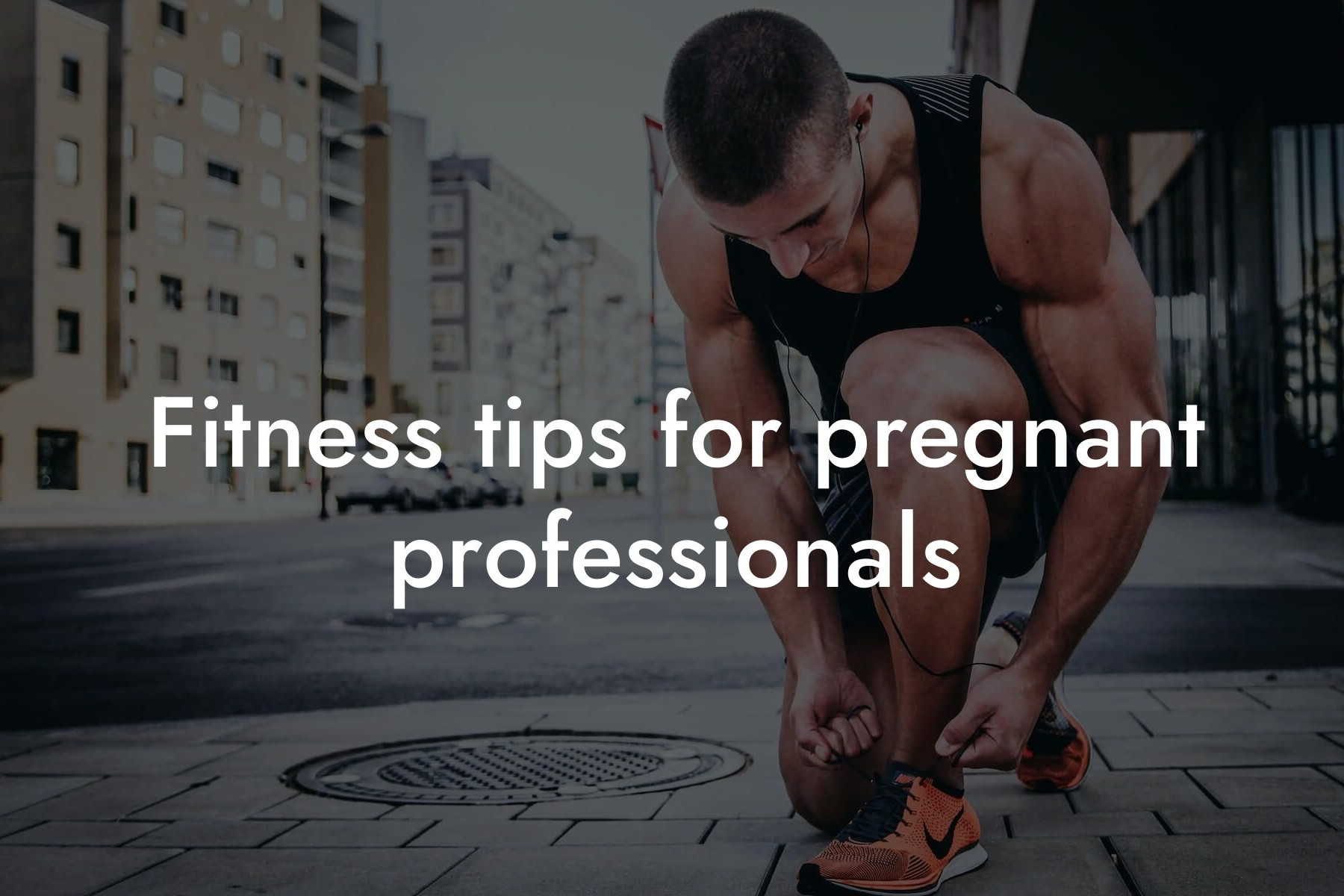As a new mother, it's natural to have concerns about your body composition after childbirth. The significant changes your body undergoes during pregnancy can leave you feeling self-conscious about your physique. However, with a clear understanding of the changes that occur and a well-structured plan, you can effectively manage your body composition and regain your pre-pregnancy shape. In this article, we'll delve into the physical changes that occur after childbirth, the importance of body composition analysis, and provide a comprehensive guide on how to manage your body composition after childbirth.
Table of Contents
Physical Changes After Childbirth
During pregnancy, your body undergoes significant changes to accommodate the growing fetus. These changes can affect your body composition, leading to an increase in body fat percentage, particularly around the midsection. Some of the physical changes you may experience after childbirth include:
- Weight gain: It's common to gain weight during pregnancy, which can lead to an increase in body fat percentage.
- Stretch marks: The rapid growth of your skin during pregnancy can cause stretch marks on your abdomen, breasts, and thighs.
- Loose skin: After childbirth, your skin may feel loose and saggy, particularly around the midsection.
- Hormonal changes: The fluctuations in hormone levels after childbirth can affect your metabolism and body composition.
The Importance of Body Composition Analysis
Understanding your body composition is crucial for developing an effective plan to manage your weight and physique after childbirth. A body composition analysis provides a detailed breakdown of your body fat percentage, lean mass, bone density, and other vital metrics. This information helps you identify areas that require improvement and track your progress over time. At Tano Performance Group, we use advanced DEXA technology to provide our clients with a comprehensive body assessment, empowering them to make informed decisions about their health and fitness.
Setting Realistic Goals and Expectations
It's essential to set realistic goals and expectations when it comes to managing your body composition after childbirth. Aim to lose 1-2 pounds per week for a sustainable weight loss. Focus on progress, not perfection, and celebrate small victories along the way. Remember, it took time to gain weight during pregnancy, and it will take time to lose it. Be patient, stay consistent, and you'll be on your way to achieving your goals.
Nutrition and Meal Planning
A well-balanced diet is crucial for managing your body composition after childbirth. Focus on whole, nutrient-dense foods such as lean proteins, complex carbohydrates, and healthy fats. Aim to include a variety of fruits, vegetables, whole grains, and lean protein sources in your diet. Avoid processed and high-calorie foods that can hinder your progress. Consider meal prepping and planning to save time and ensure you're getting the nutrients you need.
Exercise and Physical Activity
Regular exercise is essential for managing your body composition after childbirth. Aim to incorporate a mix of cardio, strength training, and high-intensity interval training (HIIT) into your routine. Focus on exercises that target your core, glutes, and legs, as these areas tend to be affected by pregnancy. Start with low-impact exercises and gradually increase the intensity as your body adapts. Consider working with a personal trainer or fitness coach to develop a customized exercise plan tailored to your needs and goals.
Breastfeeding and Body Composition
Breastfeeding can have a significant impact on your body composition after childbirth. Breastfeeding can help you lose weight and burn calories, but it can also affect your milk supply and overall energy levels. Aim to breastfeed for at least six months to reap the benefits for your baby's health and your own body composition. Consult with a lactation consultant or healthcare professional for personalized advice on breastfeeding and body composition.
Stress Management and Sleep
Stress and sleep deprivation can significantly impact your body composition after childbirth. Chronic stress can increase cortisol levels, leading to belly fat storage and weight gain. Aim to get 7-8 hours of sleep per night and prioritize stress-reducing activities such as meditation, yoga, or deep breathing exercises. Consider seeking support from friends, family, or a support group to help manage stress and emotions during this time.
Managing your body composition after childbirth requires patience, dedication, and a well-structured plan. By understanding the physical changes that occur after childbirth, setting realistic goals, and focusing on nutrition, exercise, and stress management, you can effectively manage your body composition and regain your pre-pregnancy shape. Remember to celebrate small victories along the way and seek support when needed. At Tano Performance Group, we're committed to helping high-earning professionals like you achieve their health and fitness goals. Contact us today to schedule a comprehensive body assessment and take the first step towards achieving your desired physique.
Frequently Asked Questions
What is body composition, and why is it important after childbirth?
Body composition refers to the percentage of fat, muscle, bone, and water in your body. After childbirth, managing body composition is crucial because it can affect your overall health, energy levels, and self-confidence. Excess body fat, particularly around the midsection, can increase the risk of chronic diseases like diabetes and cardiovascular disease. Moreover, having a healthy body composition can help you feel more energetic and confident, making it easier to care for your newborn.
How soon can I start exercising after giving birth?
The American College of Obstetricians and Gynecologists (ACOG) recommends waiting for 4-6 weeks after a vaginal delivery and 6-8 weeks after a cesarean section before starting exercise. However, it's essential to consult with your healthcare provider to determine the best time to begin exercising based on your individual situation.
What are the benefits of exercise after childbirth?
Exercise after childbirth can help with weight loss, improve mood, increase energy levels, and enhance overall physical fitness. It can also reduce the risk of postpartum depression, improve sleep quality, and support breastfeeding. Additionally, exercise can help you regain your pre-pregnancy body shape and tone, boosting your self-confidence.
What types of exercises are safe for new mothers?
Low-impact exercises like walking, swimming, and yoga are excellent options for new mothers. These exercises can help improve flexibility, balance, and strength without putting excessive strain on the body. Pelvic floor exercises, also known as Kegel exercises, are also recommended to help strengthen the muscles that support the bladder, uterus, and bowels.
How can I manage my diet after childbirth?
A balanced diet rich in whole foods, fruits, vegetables, lean proteins, and healthy fats can help support your recovery and weight loss goals. Aim to breastfeed, if possible, as it can help burn calories and support weight loss. Additionally, stay hydrated by drinking plenty of water and limit your intake of processed foods, sugar, and saturated fats.
What are some healthy snack options for new mothers?
Healthy snack options for new mothers include nuts, seeds, fruits, carrot sticks with hummus, and energy balls made with oats, nuts, and dried fruits. These snacks can provide a quick energy boost and support milk production for breastfeeding mothers.
How can I reduce belly fat after childbirth?
To reduce belly fat, focus on a balanced diet, regular exercise, and stress management. High-intensity interval training (HIIT) and core exercises can help burn belly fat and strengthen the muscles in your core. Additionally, get enough sleep, as sleep deprivation can disrupt hormones and contribute to weight gain.
What is diastasis recti, and how can I prevent it?
Diastasis recti is a condition where the abdominal muscles separate during pregnancy, leading to a gap in the midsection. To prevent or reduce diastasis recti, engage in exercises that strengthen the transverse abdominis muscle, such as pelvic tilts, planks, and bridges. Wearing a postpartum belly wrap or support garment can also help provide additional support and stability.
How can I balance exercise and breastfeeding?
To balance exercise and breastfeeding, start with low-intensity exercises and gradually increase the intensity and duration as your body adapts. Wear a supportive sports bra, and consider expressing milk before exercise to avoid discomfort. Additionally, stay hydrated and snack on healthy foods to maintain your energy levels.
What are some common challenges new mothers face when trying to manage their body composition?
How can I stay motivated to exercise and eat healthy after childbirth?
To stay motivated, set realistic goals, celebrate small victories, and find an exercise buddy or support group. Track your progress, and reward yourself for milestones achieved. Focus on how exercise and healthy eating make you feel, rather than just the number on the scale.
What are some postpartum body changes that are normal?
Normal postpartum body changes include weight gain, stretch marks, linea nigra (a dark line running from the belly button to the pubic bone), and swelling in the feet and ankles. These changes are a result of hormonal fluctuations, weight gain during pregnancy, and the physical demands of childbirth.
How long does it take to recover from childbirth?
The recovery time from childbirth varies from woman to woman, but generally, it can take 6-12 weeks for the body to heal and recover. Factors like age, overall health, and the type of delivery can influence the recovery process.
What are some signs of postpartum depression, and how can exercise help?
Signs of postpartum depression include feelings of sadness, hopelessness, and anxiety, as well as changes in appetite, sleep patterns, and energy levels. Exercise can help alleviate symptoms of postpartum depression by releasing endorphins, improving mood, and enhancing sleep quality.
Can I start strength training after childbirth?
Yes, strength training can be started after childbirth, but it's essential to wait until your healthcare provider has given you the green light. Start with low-intensity exercises and gradually increase the intensity and weight as your body adapts. Focus on exercises that target the core, pelvic floor, and glutes, as these areas are weakened during pregnancy and childbirth.
How can I manage stress and anxiety after childbirth?
To manage stress and anxiety, prioritize self-care, engage in relaxation techniques like meditation and deep breathing, and seek support from loved ones, support groups, or mental health professionals. Exercise, particularly yoga and walking, can also help reduce stress and anxiety levels.
What are some common myths about body composition after childbirth?
How can I get support from my partner or loved ones after childbirth?
To get support from your partner or loved ones, communicate your needs and feelings openly and honestly. Ask for help with childcare, household chores, and meal preparation, and accept offers of support from friends and family. Having a strong support system can make a significant difference in your physical and emotional recovery.
What are some resources available for new mothers who want to manage their body composition?
Resources available for new mothers include online fitness programs, postpartum support groups, and healthcare providers who specialize in postpartum care. Websites like Tano Performance Group offer valuable information, guidance, and support for new mothers who want to manage their body composition and improve their overall health and well-being.
How can I prioritize my health and well-being after childbirth?
To prioritize your health and well-being, focus on self-care, set realistic goals, and celebrate small victories. Make time for exercise, healthy eating, and relaxation techniques, and seek support from loved ones and healthcare professionals. Remember, taking care of your physical and emotional health is essential for being the best mother you can be.
Here are some related articles you might love...
- Body composition considerations for vegetarian athletes
- Maintaining bone density in perimenopausal women
- Fitness tips for pregnant professionals
- Tailored fitness programs for executives
- The unique challenges of maintaining fitness in high-stress jobs
- How cultural differences impact body composition goals
- Fitness and nutrition strategies for shift workers
- Body composition strategies for women in leadership
- Fitness programs for older professionals
Zak Faulkner
Zak Faulkner is a leading authority in the realm of physical health and body composition analysis, with over 15 years of experience helping professionals optimise their fitness and well-being. As one the experts behind Tano Performance Group, Zak has dedicated his career to providing in-depth, science-backed insights that empower clients to elevate their physical performance and overall health.
With extensive knowledge of DEXA technology, Zak specializes in delivering comprehensive body assessments that offer precise data on body fat, muscle mass, bone density, and overall physique. His expertise enables individuals to make informed decisions and achieve their fitness goals with accuracy and confidence. Zak’s approach is rooted in a deep understanding of human physiology, combined with a passion for helping clients unlock their full potential through personalised strategies.
Over the years, Zak has earned a reputation for his commitment to excellence, precision, and client-focused service. His guidance is trusted by top professionals who demand the best when it comes to their health. Whether advising on fitness programs, nutritional strategies, or long-term wellness plans, Zak Faulkner’s insights are a valuable resource for anyone serious about taking their health and fitness to the next level.
At Tano Performance Group, Zak continues to lead our Content Team revolutionising how professionals approach their physical health, offering unparalleled expertise that drives real results.




